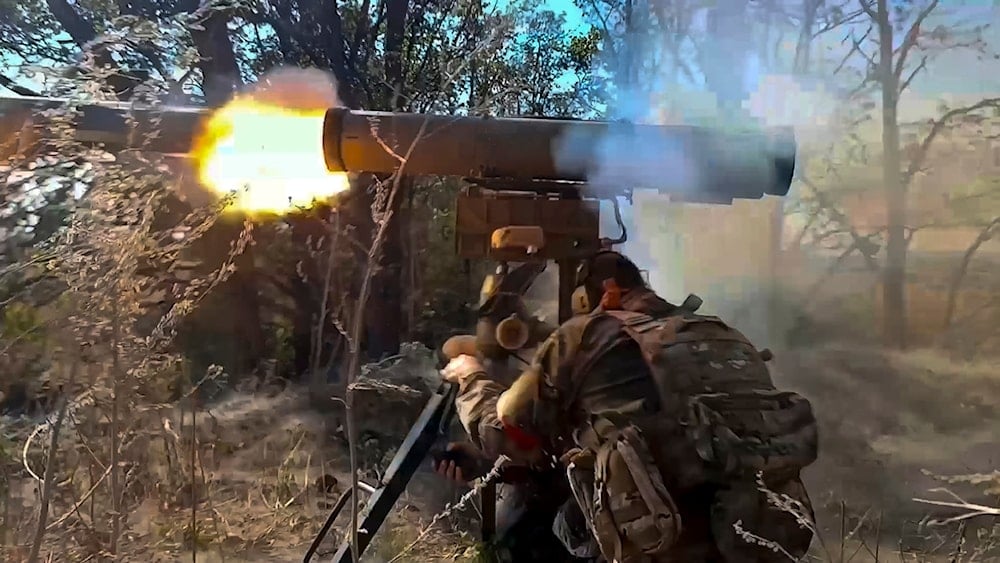German general urges Ukraine to strike Russian airfields, facilities
A top German general urges Ukraine to strike Russian airfields and arms factories to weaken Russia’s offensive capacity and relieve front-line pressure.
-

A Russian soldier in an undisclosed location fires an anti-tank missile at Ukrainian forces, Tuesday, September 24, 2024 (a Russian Defense Ministry screengrab)
A senior German military official has publicly advised Ukraine to expand its military operations by targeting airfields and weapons factories deep within Russian territory, arguing that such actions could reduce battlefield pressure on Ukrainian forces.
Speaking on Saturday during a Bundeswehr podcast, Major General Christian Freuding, who heads Germany’s military support to Ukraine, emphasized the strategic value of hitting Russian military infrastructure before it is deployed to the front.
“You can also indirectly affect the offensive potential of Russian strike forces before they are deployed,” Freuding said. “Use long-range air warfare assets to strike aircraft and airfields before they are used. Also, target weapons production facilities.”
Growing Russian capabilities
Despite sweeping Western sanctions, Russia has significantly ramped up the production of drones, cruise missiles, and ballistic weapons. The general acknowledged the shortfalls of current Western measures, saying, “We must reconsider whether our economic measures have been sufficient and where we can apply further pressure, particularly to limit Russian production capabilities.”
In discussing battlefield logistics, Freuding also raised concerns about the cost-effectiveness of Western-supplied air defense systems, specifically the US-made Patriot system. “It [a drone] costs around €30,000–50,000 ($34,000–58,000) depending on the model. It’s wasteful to shoot it down with a Patriot missile costing over €5 million,” he said. “We need countermeasures that cost €2,000–€4,000, especially as Russia aims to further increase its production capacity.”
The debate over long-range capabilities continues to stir division among Ukraine’s Western backers. While the Biden administration authorized limited Ukrainian strikes inside Russia with US-supplied long-range weapons last year, reports indicated that major Russian airbases remained off-limits.
While Berlin has committed to delivering the first batch of long-range missiles funded by its government before the end of July, it has so far withheld Taurus cruise missiles, citing fears of escalation.
Arming Ukraine
The delivery of these advanced systems comes in light of a deepening of European defense collaboration in support of Ukraine, amid ongoing hostilities with Russia. The weapons transfer is part of a broader framework outlined in the Kensington Treaty, signed on July 17, 2025, in London, the first post-WWII bilateral defense treaty between the UK and Germany. The pact not only strengthens joint military production but also facilitates financing and technological cooperation with Ukraine's domestic arms industry.

 4 Min Read
4 Min Read











